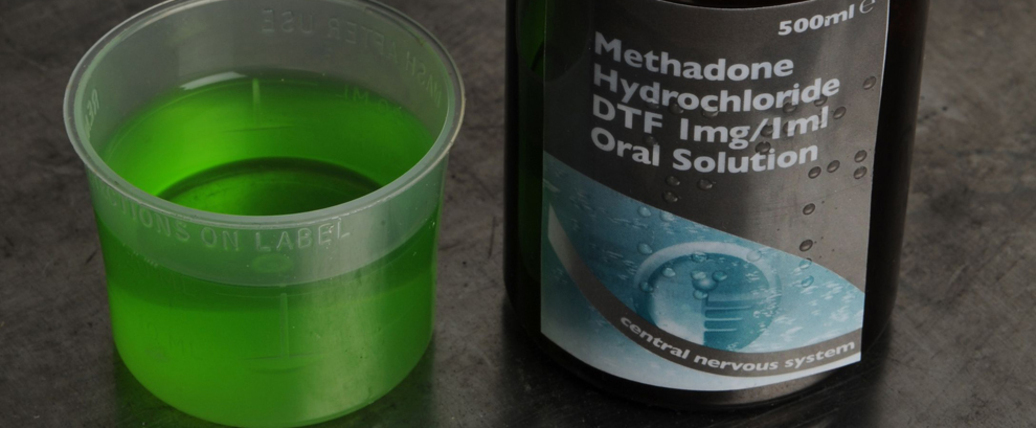As technology develops, it’s becoming increasingly expected that purchases made online or on the phone are delivered quickly – even if this involves customers paying an additional fee for the convenience. Has this expectation permeated the illegal drug trade? A team of drug experts are trying to find out.
The Global Drug Survey (GDS) 2018, which has just been launched online, aims to understand how people around the world think about and use drugs. The annual survey has had more than 450,000 respondents since it was set up in 2011, and has consistently produced fascinating insights into drug use trends. Last year, for example, it found a marked difference in the international understanding of what a cannabis "joint" is – showing a considerably stronger preference for mixing tobacco in Europe than in the Americas.
Among the new topics in this year’s survey is how the efficiency and speed of drug delivery varies by city. Professor Adam Winstock, founder of the GDS, said that the “attraction of convenience and discretion means it makes sense for dealers to invest in premium delivery services”. Quick delivery may be particularly crucial for people who purchase cocaine due to the drug’s fast onset. “Drugs that take effect quicker are known to cause higher rates of dependence”, says Professor Winstock, an addiction medicine specialist – which leads him to pose the question: “will faster delivery of drugs make people buy more?”
Bearing this in mind, Winstock and his team opted to use “pizzas as a benchmark” for a symbolic comparison; two consumable commodities that people order to their homes, usually with a desire for quick delivery.
It doesn’t matter if you’ve only used drugs a handful of times, or even just once, the GDS team still want to hear from you – and you’ll be contributing to a great cause, as the information gleaned from the survey may help reduce the potential harms of drugs for others. In fact, they’re particularly keen on hearing about how people lost their “drug virginity”. Where was your first trip or MDMA experience? Who were you with? What did you know? The first time can be exciting – but if you’re uninformed and the experience is unplanned, it can be particularly risky.
There are countless factors that can influence someone’s first time taking drugs, so Professor Winstock advises everyone who considers doing so to take certain precautions. If you’ve decided to use drugs, do some research to know what sensations to expect, and what an appropriate dose would be, he recommends (TalkingDrugs have produced this safer MDMA use guide, for example). It’s also important to “be around people you trust, plan the setting” so that you feel comfortable, and to avoid drinking as “taking a drug when you’re drunk can make it difficult to judge, dose, or even detect how you’re feeling”.
Indeed, the prevalence of alcohol as a culturally accepted drug in many countries may lead to many people being unaware of the risks they’re taking, whether they’re combining it with illegal drug use or not. That’s why the GDS2018 will also be asking respondents about their knowledge of alcohol health risks, and their perception of the effectiveness of alcohol health warnings.
As alcohol-related deaths continue to occur in huge numbers around the world, Professor Winstock warns that “appropriate and proportionate health messaging on alcohol needs to be explored as a cheap [and] easily implemented strategy”, and points to the UK’s approach to tobacco regulation – with plain packaging and health warnings – as an effective approach. Assessing the effectiveness of alcohol regulation may also help inform policymakers in advance of the legal regulation of cannabis, as is currently taking place or about to take place in Uruguay, Canada, and several US states.
The Global Drug Survey 2018 is set to be the biggest survey on international drug use that has ever taken place! The survey is available online in 20 languages, and does not require respondents to provide any personal identifying information. Don’t miss out on your chance to contribute to this vital and fascinating research!
Check out the survey here: https://www.globaldrugsurvey.com



